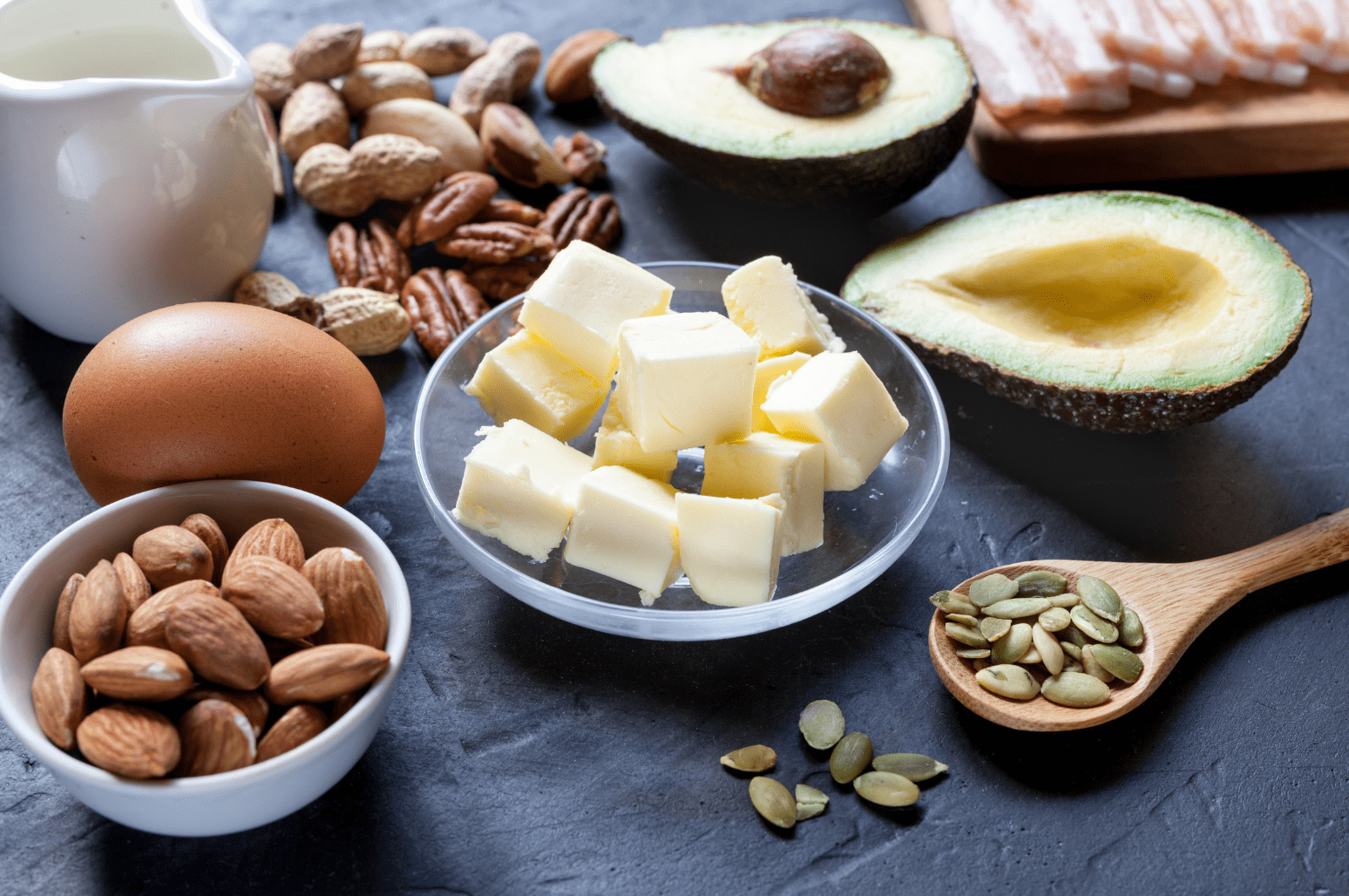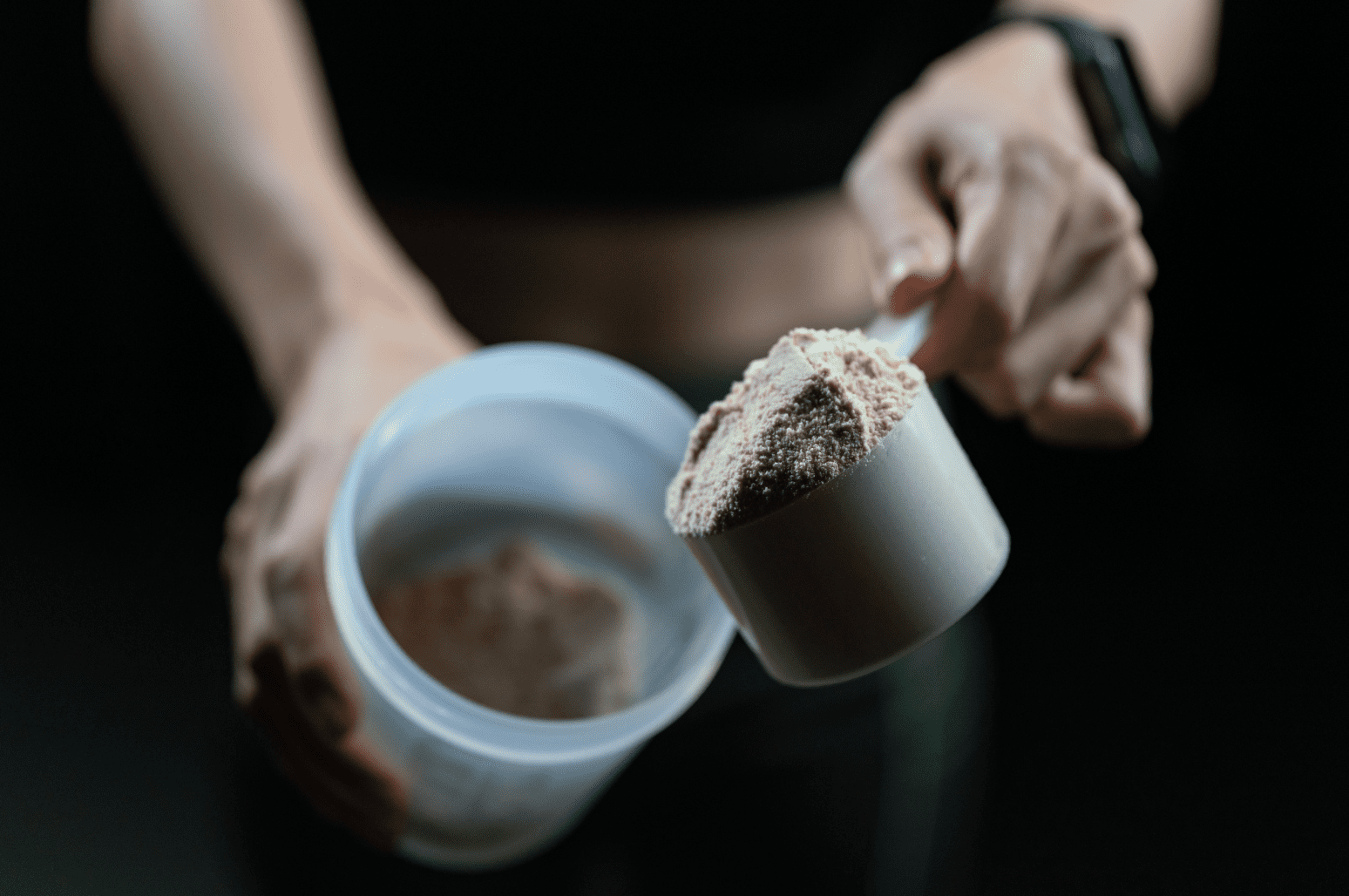
Female athletes need solid nutrition to boost athletic performance and build lean muscle mass. But should female athletes carb load before events? This idea is popular, but it isn’t ideal. In fact, it might do more harm than good. Instead, the keto diet may deliver all the fat, protein, and micronutrients that you need to stay strong and perform your best.
Find out how the ketogenic diet can boost athletic performance in women.
Are You Athletic? Here’s What “Athlete” Really Means
If you’re working out a few times each week, are you an athlete? If you’re competing regularly, are you an athlete? The term athlete is not limited to professionals or even those who compete in sports competitions regularly.
An athlete is any person who engages regularly in both anaerobic and aerobic exercise. [1] This includes marathoners (or 5K-ers), hobbyists (who are part of a racquetball club or ski club), and even those who just love a good time at the gym.
Even if you’re not a professional basketball (or any other sport) player, the definition of an athlete still matters. If you’re an athlete, your nutritional needs are different from the average person’s. Depending on how active you are, you may need more calories, more protein, more fat, or even more vitamins/minerals to fuel your workout and assist with recovery.
Fueling Your Workout … Keto Style
Your body is a fat-burning machine, and it needs fuel to power your activity and get through a workout. The two options for fuel are glucose and fat, but many athletes focus on glucose. Because carbs are metabolized into sugar and are used for energy, some athletes will carb-load before events. They hope that they are loading up on their body’s preferred energy source, but this method of fueling up is outdated. Keto can help you get the fuel source you need without resorting to carb-loading.
When you focus on the other fuel source – fat – your performance won’t suffer. When you cut out carbs, you won’t lose energy or decrease your performance as long as you’re getting enough fat into your diet. Studies show that athletes – in this case, cyclists – performed just as good on a high-fat diet. [2] This means that high-carb isn’t your only option.
The bottom line: High-fat won’t make you sacrifice energy or endurance.
Why Carb Loading Isn’t Worth It
While the above study highlighted that high-fat diets won’t compromise your performance, there’s another reason to skip the carb-loading: carb-loading only boosts performance by a maximum of 2%… which means all the carbs create just a minimal difference. Carb loading can cause spikes in blood sugar, fat gain, and it can kick you out of ketosis. It’s not worth it. [3]
Macros and Micros Requirements for Female Athletes
All athletes, regardless of sex, need to follow a well-balanced diet filled with whole foods to stay healthy and energized. Female athletes, however, have a few additional needs. For example, women need a slightly higher intake of iron to keep energy levels high. Pre-menopausal women (aged 19-50) should consume about 18mg of iron each day. Men only need about 8mg of iron. Female athletes also need to focus on folate (especially during the child-bearing years) and calcium (to prevent osteoporosis).
Keto-friendly dishes can supply both the macronutrients as well as the micronutrients that female athletes need.
Here’s a quick peek at how these macros and micros impact a female athlete:
- Fat: Fat is essential on the keto diet, but it can also play a crucial role in improving athletic performance. Many athletes flourish on high-fat, low-carb diets. For instance, fat-adapting on a keto diet helps your body spare muscle glycogen, which can increase endurance and maximum power output [4]
- Protein: Protein helps your body build lean muscle mass. For an athlete, the most bioavailable forms of protein are animal products. Animal protein sources include meat (such as chicken, red meat, pork, duck), eggs, fish (especially fatty fish), and whey protein. All of these protein sources are keto-friendly.
- Vitamins: Vitamin B12 (found in beef liver) supports energy metabolism. Vitamin B3 helps prevent fatigue during exercise, which means you can power through your favorite activity. [5]
- Minerals: There are many minerals that promote athletic performance. Magnesium helps you build muscle and reduces the risk of muscle cramps. [6] You can find magnesium in dark, leafy greens – which are also keto-friendly. Calcium helps with muscle contraction, and most dairy products are keto-friendly. Calcium also helps women build strong bones to prevent osteoporosis later in life. You can mix cream cheese and spinach into a tasty filling for stuffed chicken and get a healthy serving of protein, magnesium and calcium. Another mineral, sodium maintains your fluid balance and prevents dehydration. [7]
Keto, Exercise, and Menstrual Health
Exercise can impact menstrual cycles, especially when the workouts are intense, and the caloric intake is slashed. [8]Too much intense exercise can cause your body to not ovulate, which affects your entire menstrual cycle. On the flip side, light exercise can help reduce PMS symptoms like cramping.
Exercise and keto work well together to help improve your athletic performance, but also your overall health. Specifically, the ketogenic diet can support female health. For example, it can balance hormones and improve menstrual cycles. [9]
If you notice your period is changing, it may not be because of keto. It could be tied to intense workouts, fatigue, or even not getting in enough calories.
4 Things All Keto Female Athletes Need to Know
If you’re a female athlete, take your performance to the next level by keeping these tips in mind:
- Stop post-workout carb binges by sticking with keto. On a high-carb diet, athletes may come home from an intense workout and binge on carbs to get energy back. However, keto can help you curb cravings by reducing your main hunger hormone – and your cravings for carbs.
- Focus on hydration… and electrolytes. Athletes can be very thirsty after sweating. Hydration is important but drinking plain water isn’t always enough. Add a pinch of salt to your water to help balance your electrolytes. A sip of bone broth can work too.
- Don’t skip your rest days. You need rest days to give your body/muscles time to repair and recover. Pushing it too much can have the opposite effect and stall your performance.
- Focus on nutrients – macro and micro. It can be too easy to fall into the trap of focusing just on protein as an athlete, but to really excel, you need to focus on both the macros and the micros. Not only does this help you perform better, but it is better for your overall health.
Are You an Athlete?
No matter what diet you’re following, all athletes need top-notch nutrition and adequate recovery. Are you a female athlete? Have you noticed that keto improves your performance? Share your experience with us!
References
“FastStats – Exercise or Physical Activity.” Centers for Disease Control and Prevention, Centers for Disease Control and Prevention, 20 Jan. 2017.
Phinney, S D, et al. “The Human Metabolic Response to Chronic Ketosis without Caloric Restriction: Preservation of Submaximal Exercise Capability with Reduced Carbohydrate Oxidation.” Metabolism: Clinical and Experimental, U.S. National Library of Medicine, Aug. 1983.
Hawley, J A, et al. “Carbohydrate-Loading and Exercise Performance. An Update.” Sports Medicine (Auckland, N.Z.), U.S. National Library of Medicine, Aug. 1997.
Phinney, S D, et al. “The Human Metabolic Response to Chronic Ketosis without Caloric Restriction: Preservation of Submaximal Exercise Capability with Reduced Carbohydrate Oxidation.” Metabolism: Clinical and Experimental, U.S. National Library of Medicine, Aug. 1983.
Peechakara, Basil V. “Vitamin B3.” StatPearls [Internet]., U.S. National Library of Medicine, 30 Sept. 2019.
Zhang, Yijia, et al. “Can Magnesium Enhance Exercise Performance?” Nutrients, MDPI, 28 Aug. 2017.
Sharp, Rick L. “Role of Sodium in Fluid Homeostasis with Exercise.” Journal of the American College of Nutrition, U.S. National Library of Medicine, June 2006.
Cho, Geum Joon, et al. “Effects of Intensive Training on Menstrual Function and Certain Serum Hormones and Peptides Related to the Female Reproductive System.” Medicine, Wolters Kluwer Health, May 2017.
Mavropoulos, John C, et al. “The Effects of a Low-Carbohydrate, Ketogenic Diet on the Polycystic Ovary Syndrome: a Pilot Study.” Nutrition & Metabolism, BioMed Central, 16 Dec. 2005.









